This issue was raised by the editor of a social newspaper in the Central region, when he had to face many errors in Vietnamese vocabulary in the writing and presentation of his colleagues. “For example, in a news report about a drowning incident in Dak Lak , the reporter at the scene reported: “The body of a young man was recovered from the river”. How could a body be salvaged using the word “recovered”, it is such a violation of vocabulary. Yet the reporter still used it, and considered it a way to emphasize the incident “to make it more interesting”, this editor complained. According to him, there are many errors in using these words and the younger the reporter is in the profession, the more errors in using Vietnamese, the more difficult to understand.
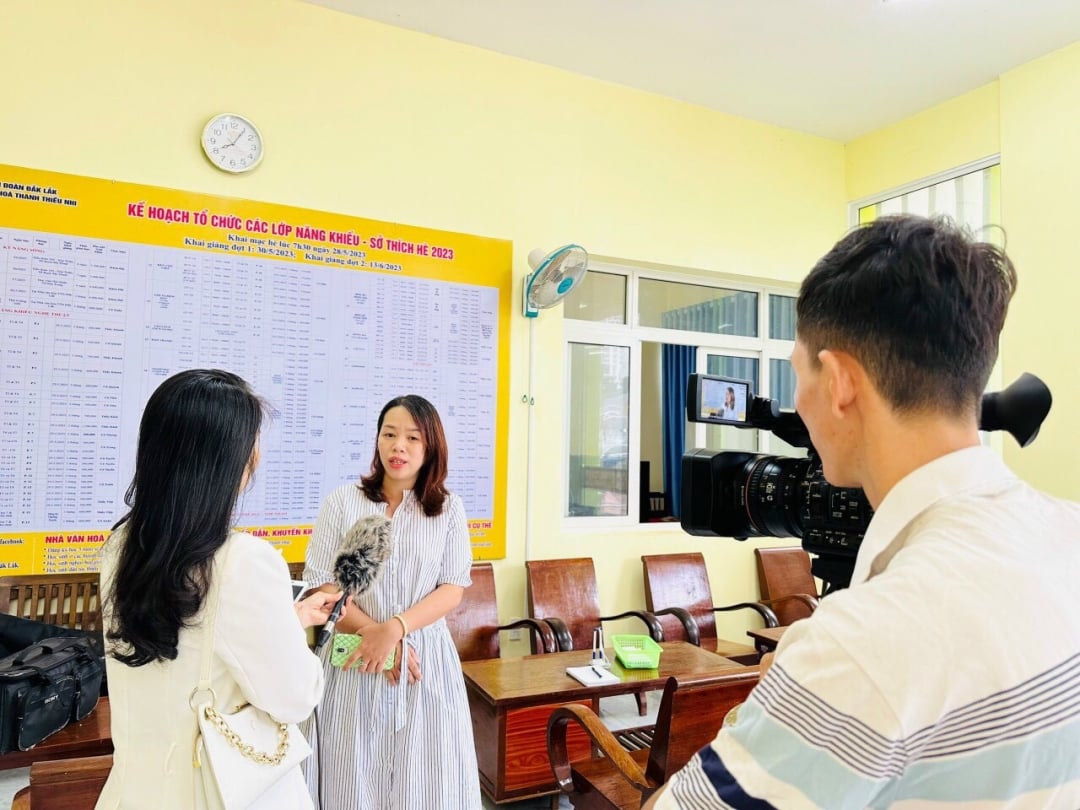 |
| Dak Lak Newspaper reporter working on multimedia. Photo: Tram Anh |
Journalist Tra Quoc Khanh, former Chief Representative of Saigon Giai Phong Newspaper in the Central region, confided that he had talked to many younger generation journalists and some new journalists. Quite different from his thinking, many young journalists do not care much about the semantics, spelling, and words used in the article. For them, the event being described promptly is good, while the requirements for precise words, writing style, and methods of expression to make it attractive and reasonable will depend on... the editor. Basic spelling errors, such as question marks, tilts, correct or incorrect initial consonants, even complex sentence presentation but adverbial confusion, are often not considered by young reporters as errors that need to be corrected.
The problem of Vietnamese language is even more serious when journalists who follow current news "accept" to write according to hot events, "follow the trend". In the current context, social networks have many individuals who "break the rules" with self-made and self-made words, considering them their "personal style", even "personal words" created, and many people learn and use them.
For example, the word “bling” recently appeared in a youth song, and many people “caught” it to call Bac Ninh as Bac Bling, creating a trend and being used by many young journalists. In fact, whether this new word is appropriate or not, the language community still needs time to consider and select, because in the Vietnamese language there is no such mixture. But for the majority, when they see the press using it, the general mentality is even more inclined to use it.
In today's Vietnamese language, new vocabulary, far from traditional language, can be seen appearing more and more. It is worth mentioning that while functional scientific organizations and institutes have not yet commented or confirmed the new words, the social community has spread them and a part of the press has immediately used them in their information flow. "Like that, the press is used to using unconventional vocabulary, "writing as speaking", even using words that completely distort the meaning and content. If there are not early warnings and serious reminders, the position and responsibility of the press in terms of social language will no longer be preserved. If the press compromises with new generation languages, overturning traditional linguistic concepts, the problem will be very dangerous", a Literature lecturer at Hue University commented.
What worries many generations of writers is that, in the face of the current changes in multimedia journalism activities, the issue of preserving the purity of the Vietnamese language is a big challenge. Many reporters and editors are also confused when it is difficult to accurately update the requirements for newly updated and derivative Vietnamese words; while there are many old Vietnamese words that are not yet fully understood. Many incidents of errors and harmful confusion about the use of Vietnamese words with incorrect meanings and misleading content have occurred in news reports and articles, causing writers to suffer the consequences. But in fact, those Vietnamese words, through the usage habits of the masses, have completely different meanings, and just need to be placed in different contexts to be understood differently. So what criteria and basis can help journalists and writers recognize the problem and consider and choose correctly?
Obviously in today's social context, the diversity and complexity of information requires the proficient use of a language, a language that must be truly serious and complete. Especially with Vietnamese, the general social psychology is that the mother tongue is the mother tongue, everyone can speak and understand it, but in reality, how many words are correctly understood in the amount of language each person receives? This is a major social science issue that needs to be evaluated by researchers and specialized scientific organizations. Before this requirement can be implemented, journalists and writers themselves will have to become pioneers in selecting and deciding to use it. Any easy act of compromise, "following the trend" to attract views and likes from the crowd without being scientific and accurate with the issue of language expressed by journalists will easily lead to serious misunderstandings in the community.
Source: https://baodaklak.vn/xa-hoi/202506/giu-gin-tieng-viet-trach-nhiem-cua-nha-bao-4c70146/



![[Photo] Prime Minister Pham Minh Chinh inspects and directs the work of overcoming the consequences of floods after the storm in Thai Nguyen](https://vphoto.vietnam.vn/thumb/1200x675/vietnam/resource/IMAGE/2025/10/08/1759930075451_dsc-9441-jpg.webp)



![[Photo] Prime Minister Pham Minh Chinh attends the World Congress of the International Federation of Freight Forwarders and Transport Associations - FIATA](https://vphoto.vietnam.vn/thumb/1200x675/vietnam/resource/IMAGE/2025/10/08/1759936077106_dsc-0434-jpg.webp)


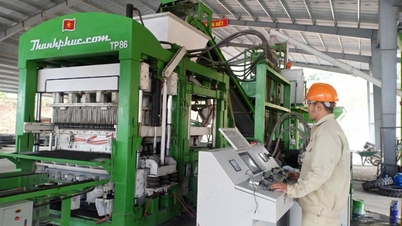
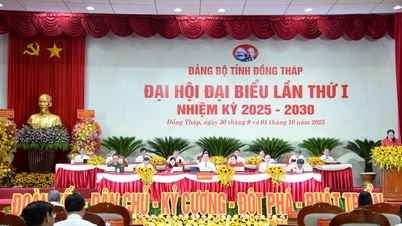



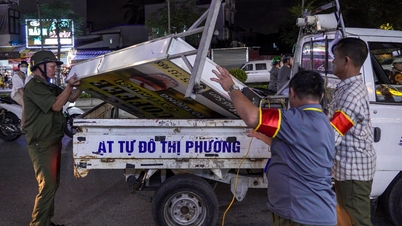











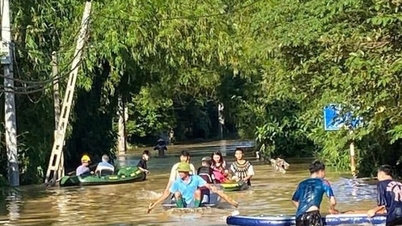





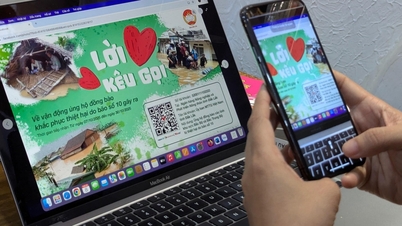

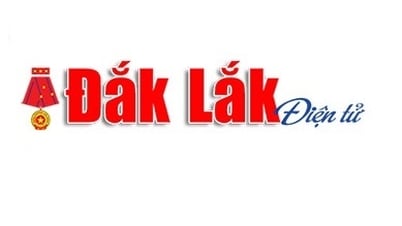
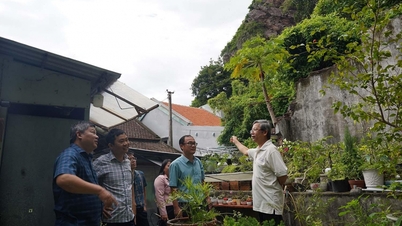
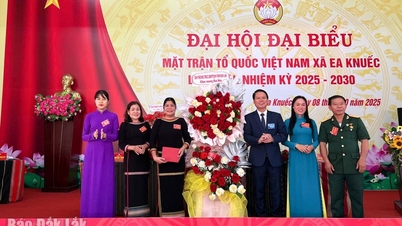








































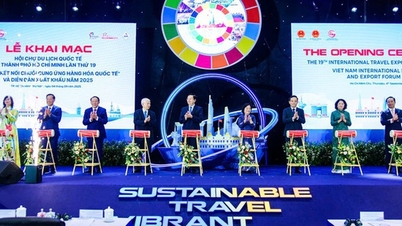






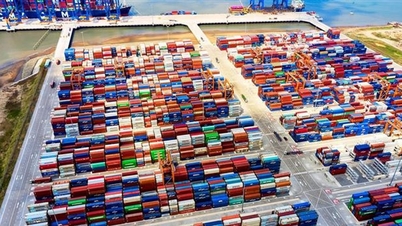

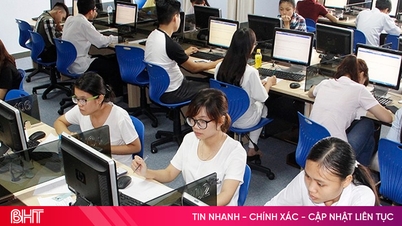

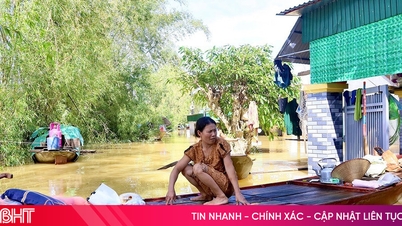
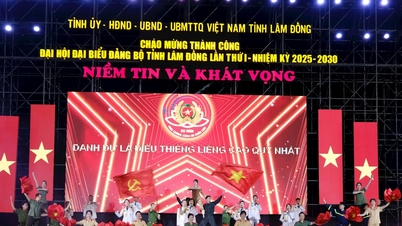
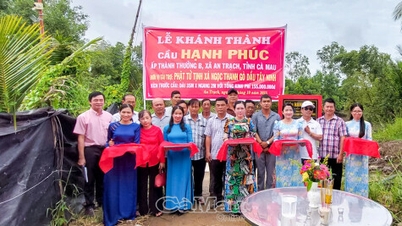














Comment (0)